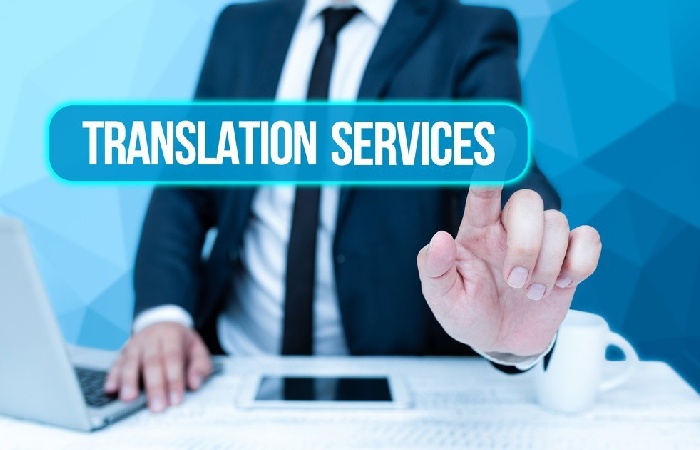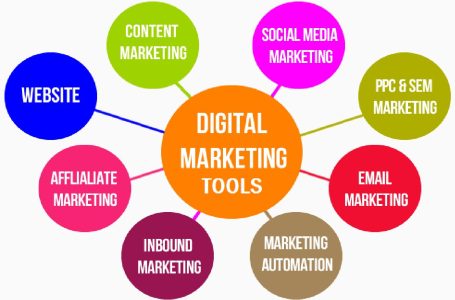When you first launch a business, your goal will be to make it a success, and with success comes growth. Many companies expand internationally to increase their reach and revenue, hoping to boost their reputation. There are a few factors to consider when trying to expand overseas, with the key being navigating the language barrier. Read on as we take a closer look…
Translation services

Translation services are one of the most helpful and important factors when your company is considering expanding into another country. These translation and interpretation services can help you build relationships with customers and clients from overseas more easily without taking the time to learn an entirely new language yourself. Interpretation services give you access to professionals who speak a range of languages fluently – they can help you to talk on the phone, face-to-face, or via video chat so that your customers can communicate with you. They can also offer translation services if you need to re-write a contract in another language, write a letter, or redesign your packaging.
The benefits
As one of the most important tools to help you with international expansion, translation and interpretation services should play a role in helping you reach your goals. Here are a few of the benefits that come with the service:
- Accurate translations: No more questionable translations and language barriers – these services mean you can benefit from accurate, clear interpretation and translation to enhance your company’s communication skills.
- The tone of voice: When learning a new language, it can be difficult to portray a specific tone of voice, which makes it harder for empathy and personality to shine through. Translation experts can ensure your tone of voice is accurate and suitable for the situation.
- Localisation: You can go beyond simply learning a new language, localisation means you can benefit from experts that understand the local culture, giving your company a boost, and allowing you to be more successful in your chosen market.
Translation and interpretation services can save you time and allow you to create a company that can thrive overseas. But there are a few more factors to think about to help you become successful in other countries, such as:
Develop a business plan
Just like if you were starting your first business in your home country, you should develop a business plan to help you get an overview of the processes that will help you expand your business overseas. Your business plan should include your needs, goals, and how you will achieve them. There are other factors to consider, like distribution methods, pricing, and how you will finance your expansion. Having a business plan also means showing the chosen lender you’re using for finance and planning how to tackle expansion. Making a plan means you’ll be able to weigh up all aspects of growing your business overseas and the problems you may face.
Look at trends
Before you expand, looking at trends in the countries you’re hoping to do business with before you develop is helpful. Your business may be doing well and growing in the country you’re based in, but that doesn’t mean the market works the same way overseas. Your customer’s needs may be different, and the demographic may have changed. The strategies that you implement in one country may not work in another. It’s important to research before expanding so that you can understand the messaging and marketing that will appeal to your overseas customers.
Consider differences
No two cultures are the same, meaning the need for a product may differ from country to country. Think about how your messaging, products, and services will contribute to the country you’re expanding into. Get to know more about the culture and customs within the country and understand how your product or service could fit in. Researching how the people and the market differ from country to country means you can adapt to suit each.





